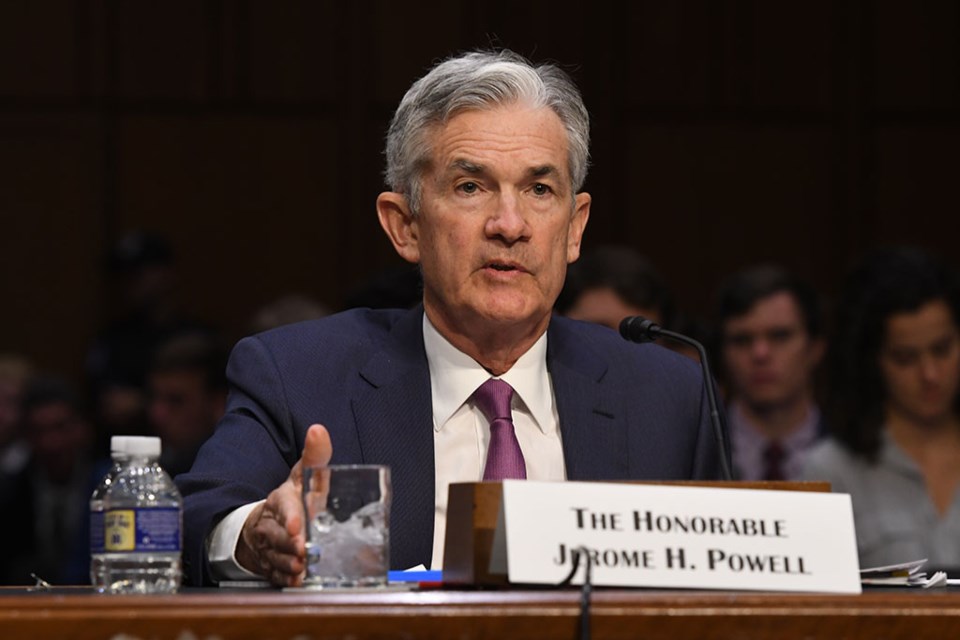The Trump administration's implementation of tariffs on imported goods will likely slow the U.S. economy down and lead to higher inflation, according to Jerome Powell, the chairman of the Federal Reserve.
Speaking at the Society for Advancing Business Editing and Writing Annual Conference in Arlington, Va. on Friday, Powell said while uncertainty "remains elevated, it is now becoming clear that the tariff increases will be significantly larger than expected."
"The same is likely to be true of the economic effects, which will include higher inflation and slower growth," hs said. "The size and duration of these effects remain uncertain. While tariffs are highly likely to generate at least a temporary rise in inflation, it is also possible that the effects could be more persistent."
Powell said the Fed's goal would be to keep longer-term inflation expectations "well anchored" and to make certain that a one-time increase in the price level does not become an ongoing inflation problem.
The chairman was referring to Washington's enforcement of a broad 10% tariff on all imported goods, with additional rates for different countries.
The U.S. stock market declined for two straight days, as investors adjusted to the new global economic outlook. The price for many consumer goods in the U.S. is expected to rise, and one estimate from the Budget Lab, a policy research center at Yale University, calculated that the average household would lose around $3,800 due to all of the tariffs Trump has enforced so far.
Among the areas that will be hit the hardest include leather goods, including shoes, which will likely increase in price by 18%, apparel (17%) and electrical equipment (10%). Consumers could also see higher grocery bills, with the price of rice expected to increase 10% and prices of fish, nuts and fresh produce set to rise 4%, according to Budget Lab.




